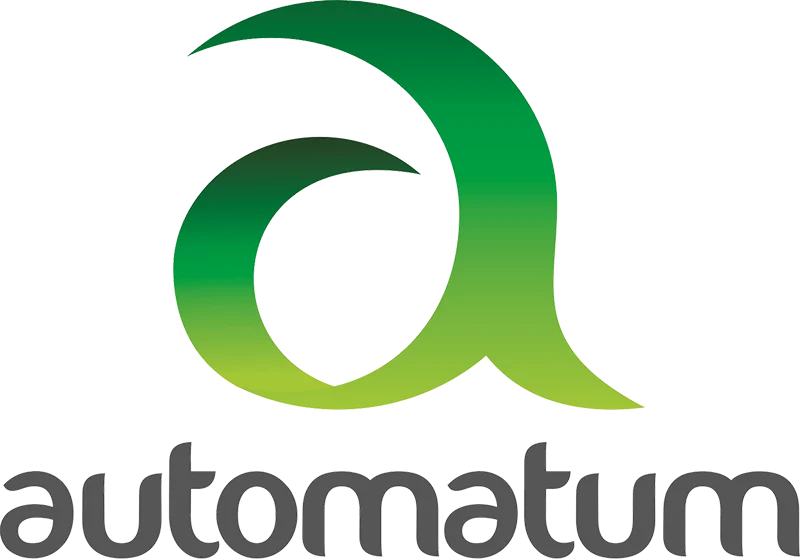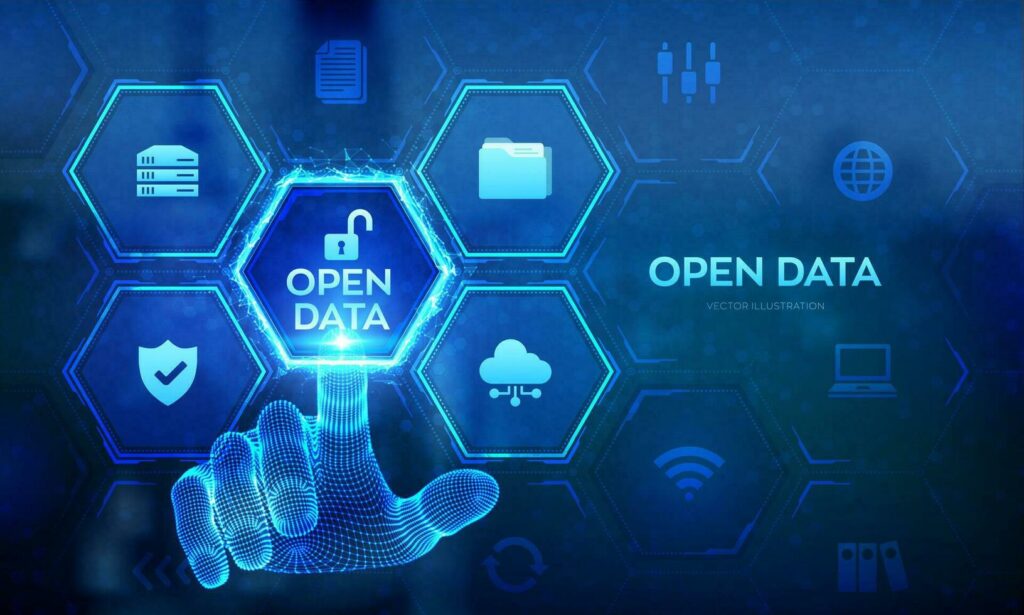In recent years, the dynamics and complexity of digital systems have grown exponentially. With a variety of platforms and technologies in play, the need for interoperability — the ability for different systems and organizations to work together harmoniously — has become an unavoidable priority in the technology landscape. In this context, the adoption of open digital frameworks has gained prominence as an essential approach to facilitate this synchronization and promote fluid communication between different systems.
Defining Open Digital Framework
Open digital framework refers to the use of public and accessible standards that are easily used and implemented by any person or organization. These standards are not confined by rigid proprietary regulations, allowing them to be shared, modified and applied in diverse technological environments. The impact of this type of framework is immense, providing the basis for integration in systems ranging from corporate networks to global public infrastructures.
Fostering Interoperability
One of the greatest advantages of open digital frameworks is the natural promotion of interoperability. When systems are developed using open standards, they automatically reduce or eliminate the typical technical barriers that inhibit effective communication. This facilitates data exchange and cross-sector collaboration. As a result, companies can collaborate in real time, without the obstacles faced by incompatible protocols or proprietary data formats.
For example, in the healthcare sector, the interoperability guaranteed by open standards can allow patient information to be shared securely between different hospitals and healthcare facilities. This translates into more cohesive and efficient treatment, significantly improving the quality of care provided to patients.
Reducing Costs and Increasing Efficiency
Implementing open digital frameworks can result in significant cost savings. Instead of relying on expensive proprietary solutions, systems integrated through open standards allow organizations to invest in innovative and practical technologies that can be easily accommodated and updated. In addition, the time spent on adapting or reconfiguring systems is reduced, resulting in increased productivity and optimizing technical and human resources.
Driving Innovation
The flexibility inherent in open standards fosters innovation. Developers and organizations are not locked into a single vendor or technology, allowing them to experiment and introduce new ideas more quickly. This fosters a healthy competitive environment where better and more effective solutions can emerge. Furthermore, the transparency of open systems allows improvements to be made by large communities of developers, expanding the potential for collaborative innovation.
Promoting Inclusion
Open digital frameworks also play a crucial role in fostering digital inclusion. By eliminating the need for exclusive licenses or high costs associated with closed technologies, open standards ensure that a wider range of people and organizations can access and benefit from technology tools. This has far-reaching societal implications, including empowering small businesses and fostering positive social impact through accessible technology.
Concluding Thoughts
In a world where digital evolution is only set to accelerate, open digital frameworks are essential to ensuring that systems interoperability remains at the forefront. They not only enable synergy between divergent technologies, but also fuel innovation and collaboration opportunities that will be essential to address the challenges of the digital future.
Fonte: www.tmforum.org

 Português
Português Español
Español
